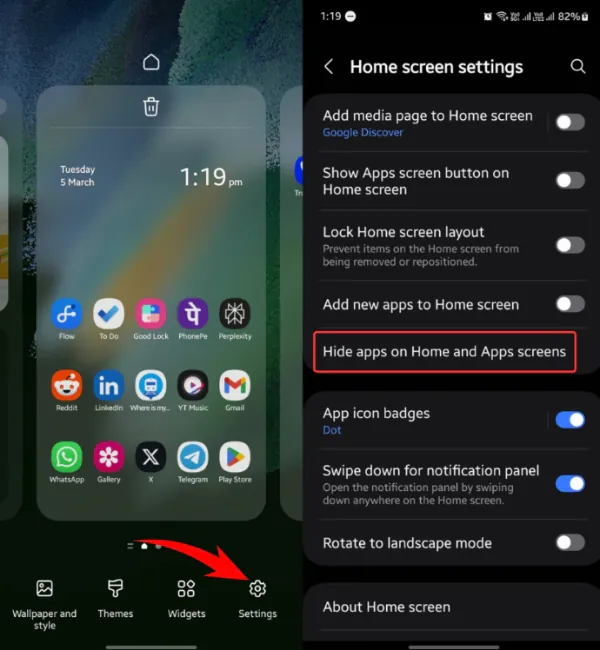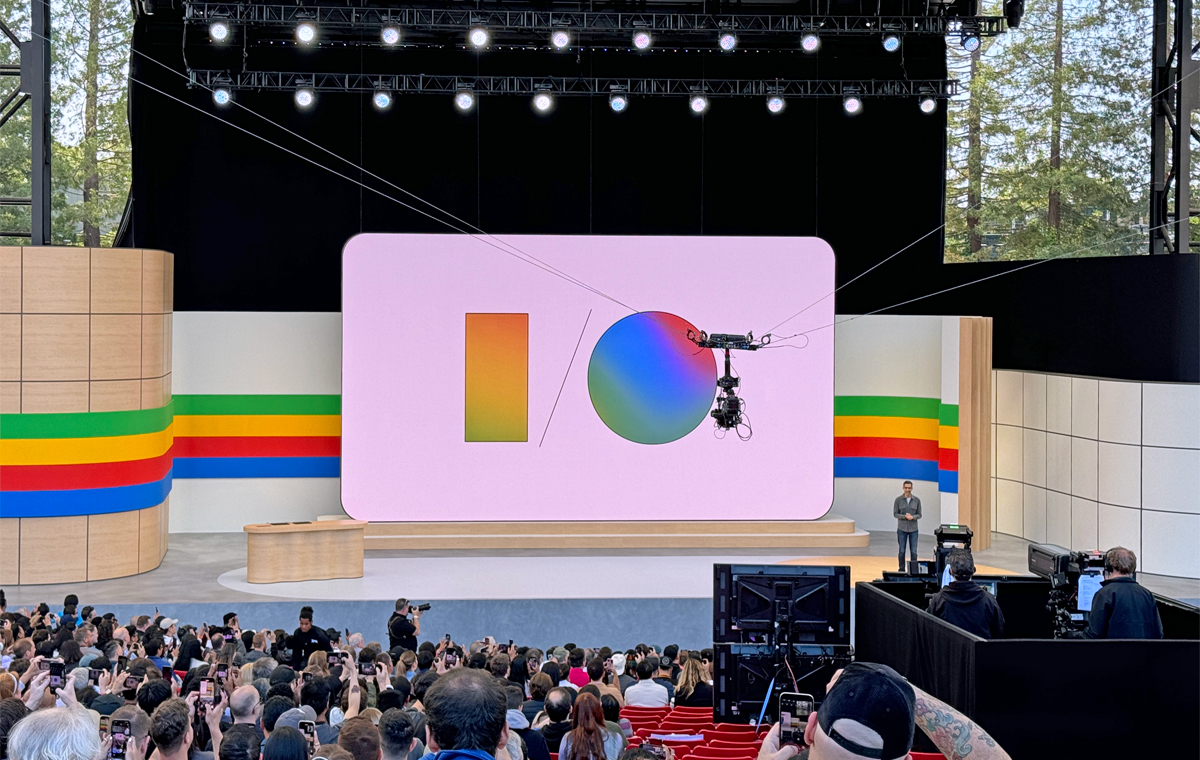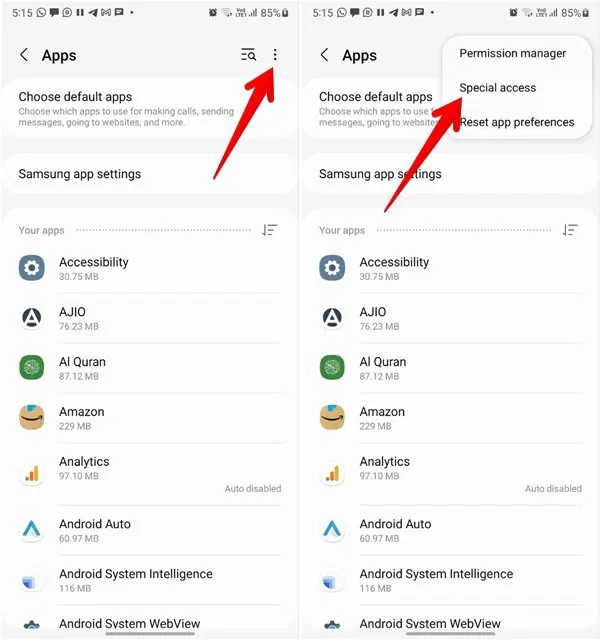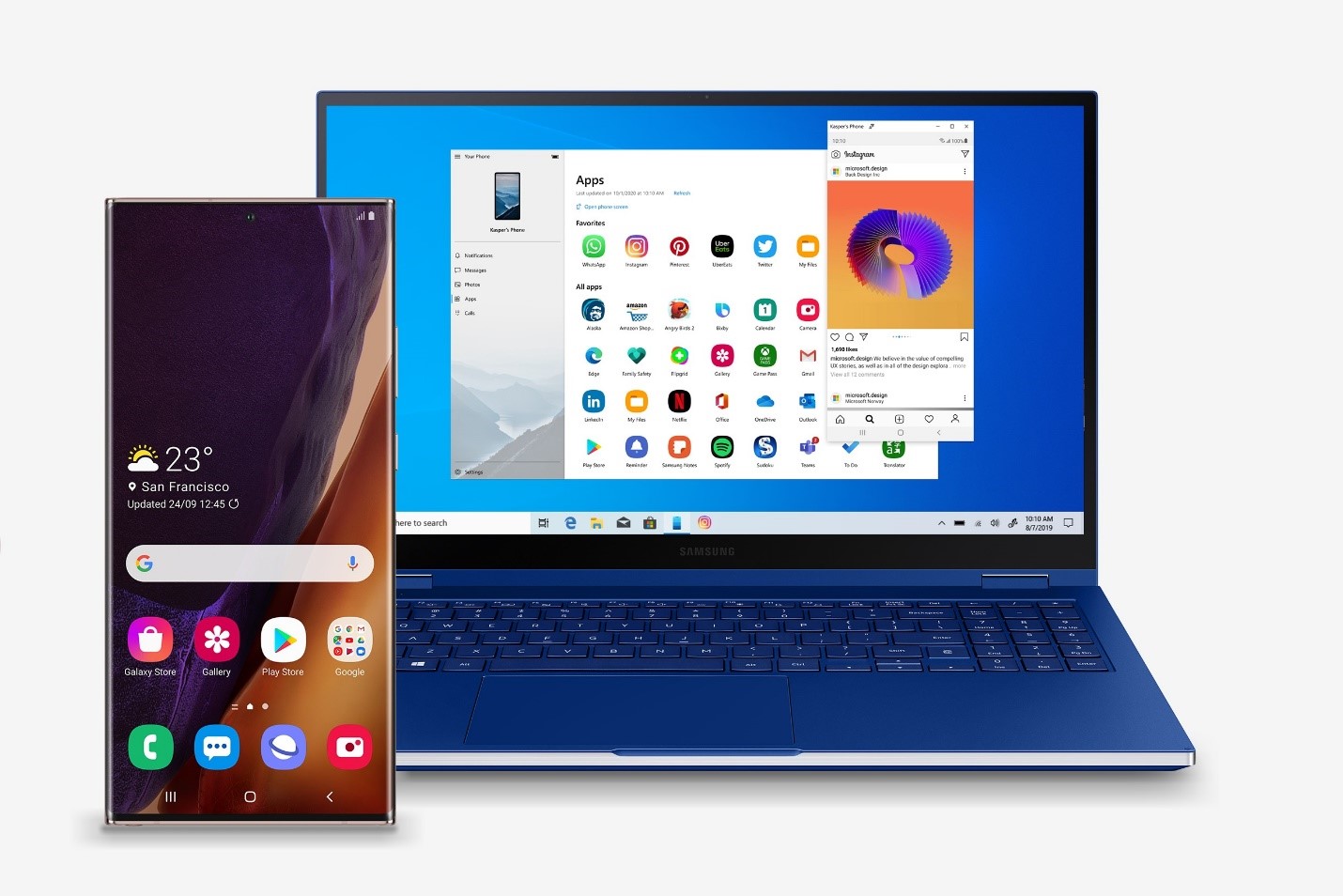People upset the Facebook conducted an unannounced social experiment in 2012 have their apology. Data scientist Adam Kramer said he never wanted to hurt the 689,000 impacted by the study that focused on the emotional power of the news feed.
The first thing you seen when opening Facebook is determined by an undisclosed algorithm completely at the companies manipulation. In 2012, the company conducted research by heavily featuring either positive or negative posts, then gauged the ensuing response from users who consumed the manipulated data.
Facebook determined the negative posts generally lead to more negative posts. In other words, Facebook might have put you in a bad mood intentionally, just to see your reaction.
“I can tell you our goal was never to upset anyone, “Kramer wrote on his Facebook wall. “I can understand why some people have concerns about it, and my coauthors and I are very sorry for the way the paper described the research and any anxiety it caused. In hindsight, the research benefits of the paper may not have justified all of this anxiety.”
Kramer said the point of his research was to improve Facebook by better understanding the people who use it. The study showed that emotions on social media are contagious like the common cold. The tests followed no scientific method nor are they repeatable, a big no-no in science. The researcher said his biggest regret was not asking for permission before the study began.
You did consent to the research, however, by signing Facebook’s terms of service agreement. The news feed manipulation created an internet storm after Facebook’s published findings were discovered by media.
Kramer also said the company has changed since 2012 and have made significant advancements. In what exactly, was not addressed.
Perhaps James Grimmelmann, professor of law at the University of Maryland said it best.
“We wanted to see if we could make you feel bad without you noticing. We succeeded,” he wrote in a blog post.
The revelation of Facebook’s studies left many wondering aloud what else Facebook has done without users awareness. Perhaps the greatest take away again is this. Nothing you do on social media is private, and it’s likely to remain that way.








